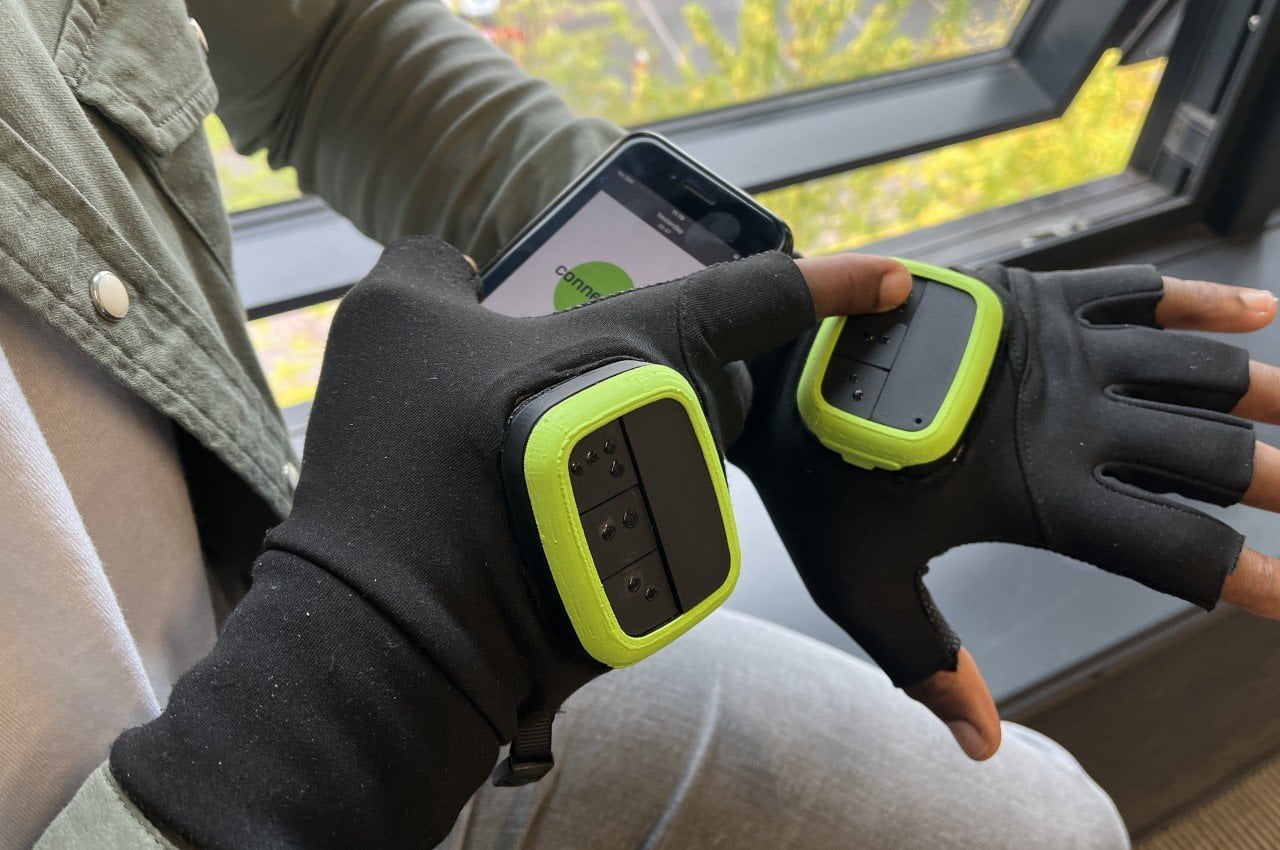How many times do we take for granted that we have full access to our physical and mental faculties? We often forget that there are people with disabilities who are excluded from social life due to our own preconceptions. With the increase in visual impairments caused by the use of electronic devices and genetic defects, many individuals are deprived of the ability to enjoy sporting events and other activities that require vision.
A glove concept called SENS could give people with visual impairments the opportunity to feel part of the game again, using the enhancement of their sense of touch.
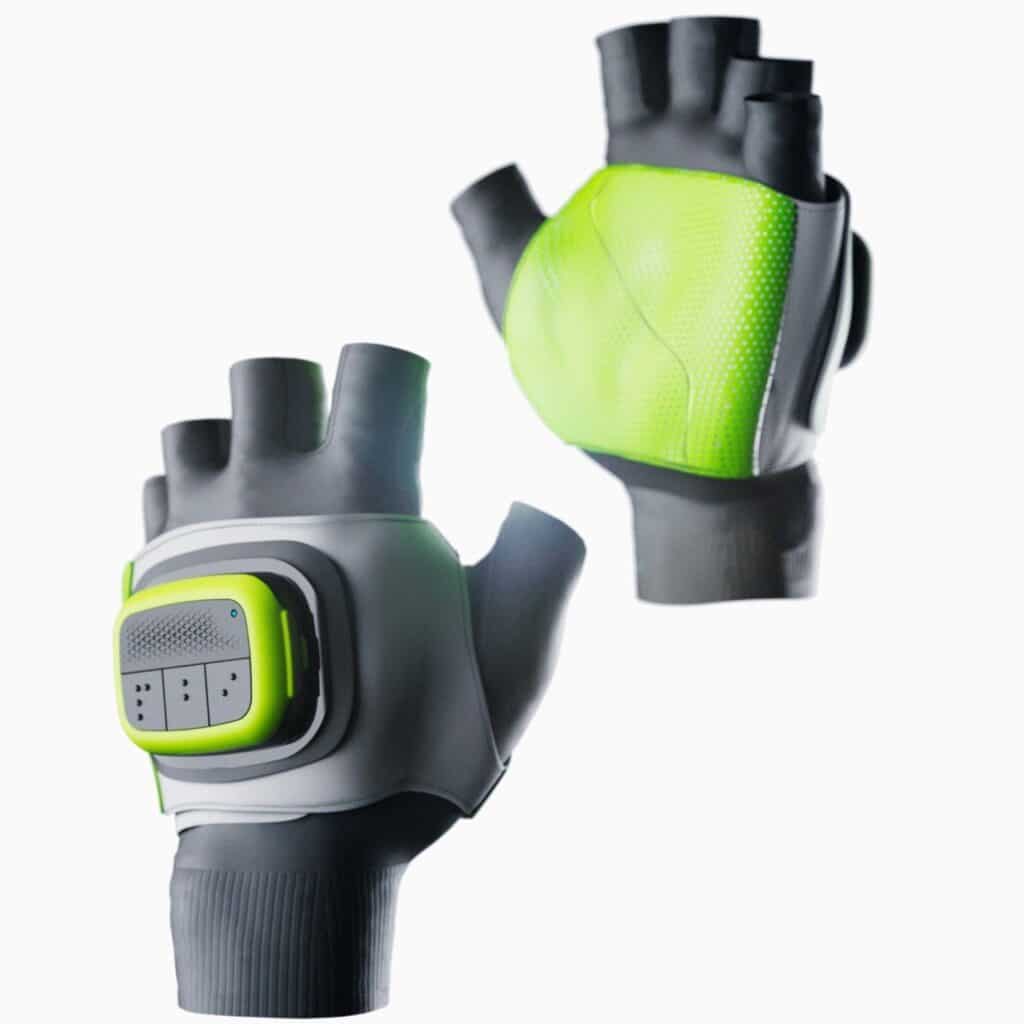
SENS, gloves to “feel” sporting events
Blind people are able to develop extraordinary abilities to compensate for their lack of sight, using Braille and their fingers as "second eyes". Unfortunately, these extraordinary skills and adaptability are often wasted at sporting events, where they must depend on commentators or friends for match descriptions.
SENS is a wearable technology that amplifies the extraordinary abilities of blind and visually impaired people to perceive the world through touch. Using three vibration devices inserted inside the gloves, SENS creates "vibrational patterns" on the palm of the hand, one of the most sensitive areas of our body. A project that could help people "see" the world and specifically sporting events through touch, overcoming the barriers of sight.
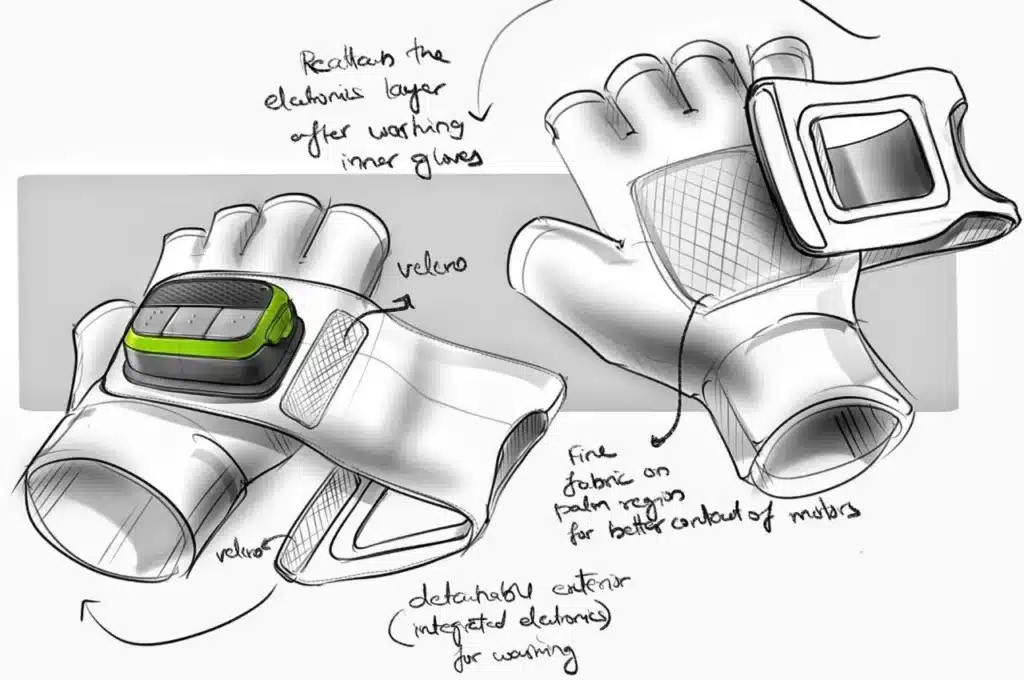
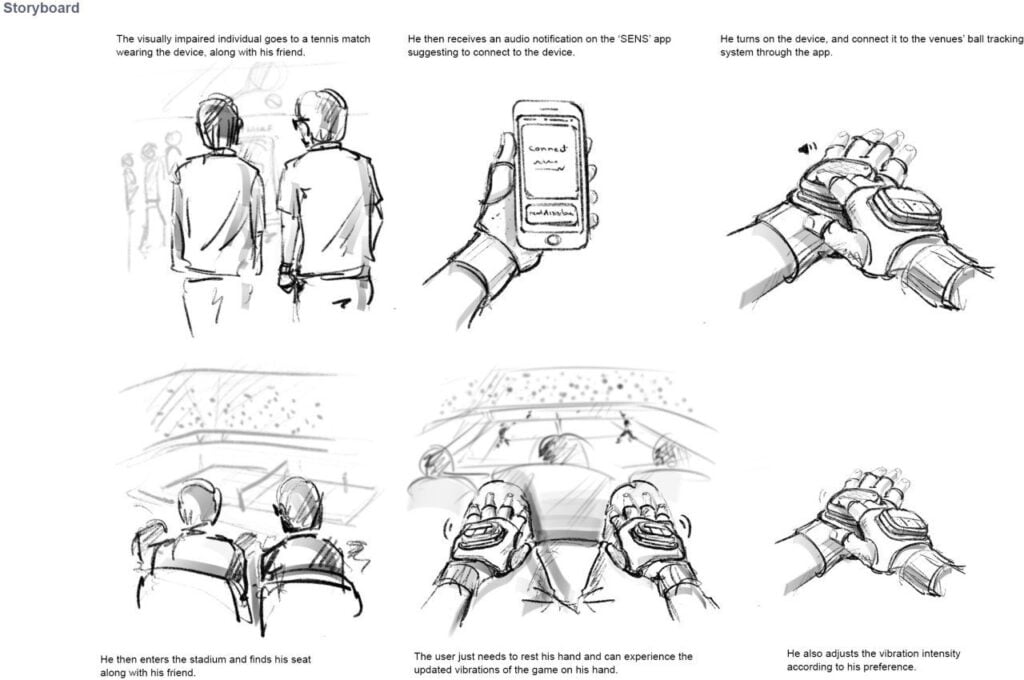
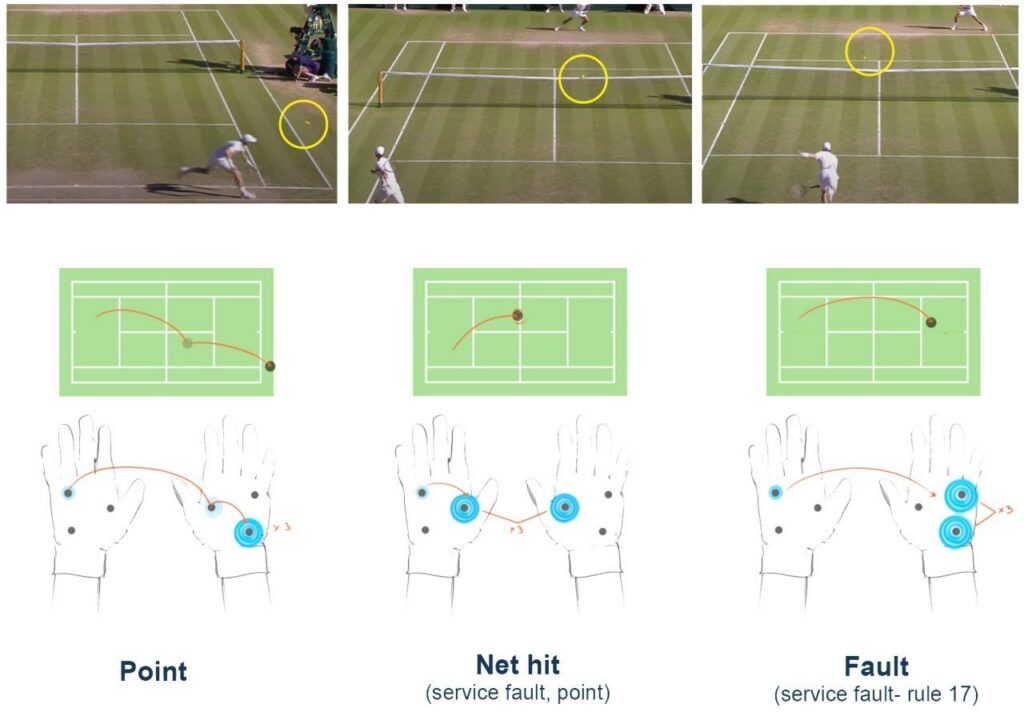
The idea behind the concept
Imagine wearing gloves equipped with motors that produce a unique vibration for each action during sporting events, such as a tennis match. For example, a point might have a different vibration than a missed shot, and a player's score would be different than their opponent's. Through this system, visually impaired people could "feel" every shot and every point in a unique and precise way, without ever losing control of the game. This innovative idea could revolutionize the way visually impaired people experience sport and offer them new opportunities for fun and challenge.
I find this approach proposed by the designer very interesting Jithin Raj Mambully Rajan (along the lines of what Neurodigital, a Spanish startup, presented a few years ago), but this does not prevent me from underlining some critical points. Points that could compromise or greatly delay the adoption of such systems. SENS seems perfect for tennis, where ball tracking technologies are already in use and this data can be easily transmitted. It may have a possible application (perhaps) with technologies such as the Goal Line, which in football notifies when a ball enters the goal or not, but other sporting events will require greater efforts.
In any case, studying the adoption of these devices is a good thing, because it works towards ever greater autonomy for the visually impaired and blind. “Feeling” an action is still better, more efficient and fulfilling than hearing every single moment from someone else's point of view. Or not?
